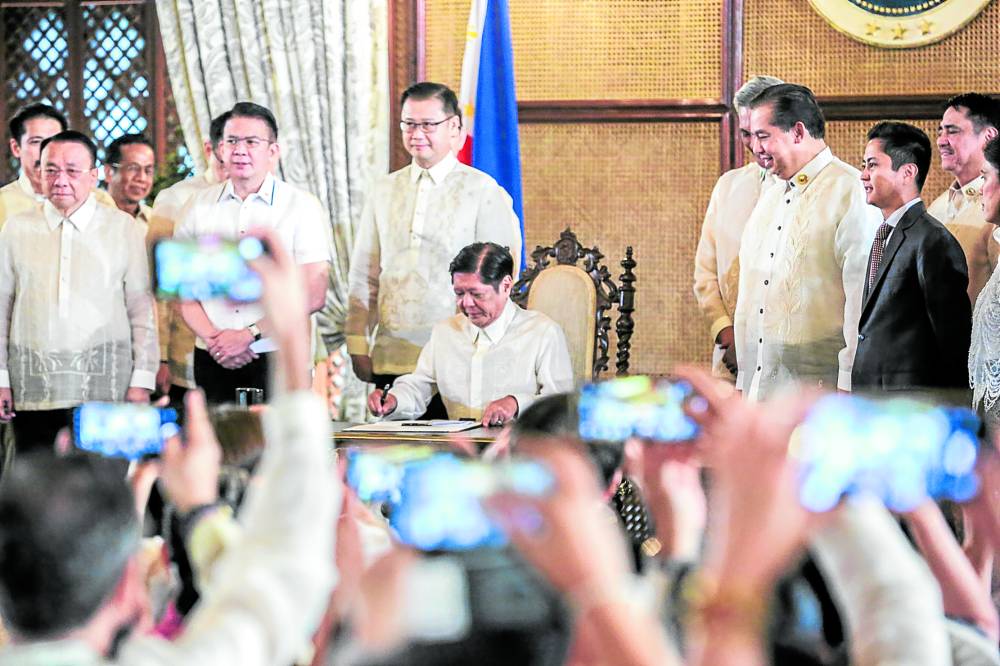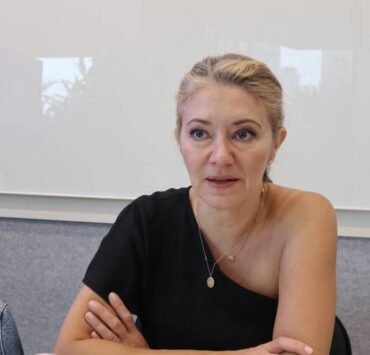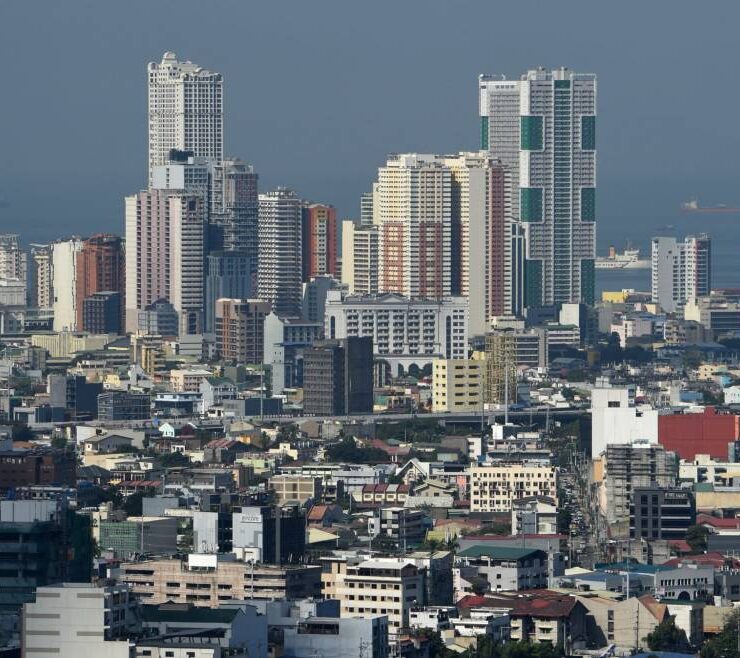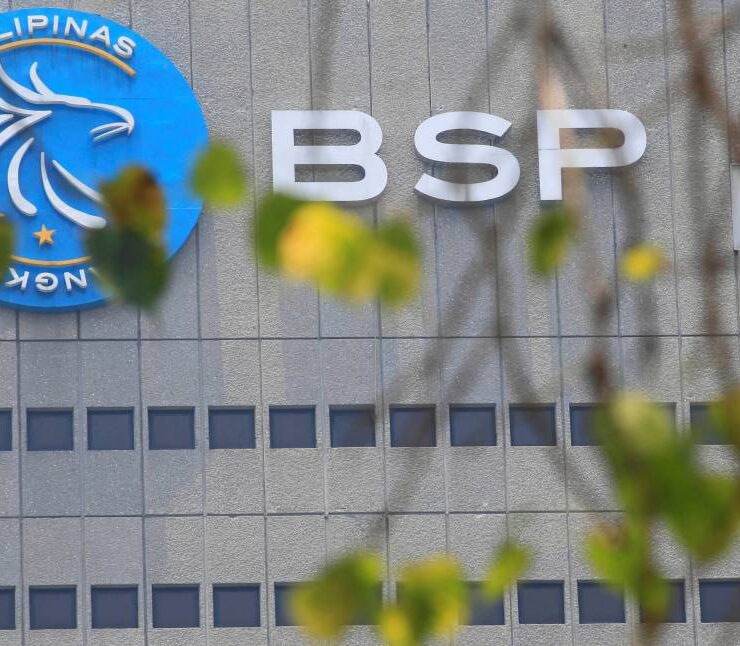Why global leaders should pay attention to PH CREATE MORE law

The Corporate Recovery and Tax Incentives for Enterprises to Maximize Opportunities for Reinvigorating the Economy Act (CREATE MORE Act or Republic Act No. 12066) is more than a tax reform measure. It positions the Philippines as a competitive destination for foreign direct investment (FDI), digital innovation and talent decentralization.
For global leaders, it aligns policy with business incentives: lower corporate taxes, workforce flexibility and reduced operational friction.
When the CREATE MORE Act was signed into law in 2024, I didn’t wait for analysis. I asked my CFO for revised tax forecasts. After 15 years running Unity Communications across three continents, I’ve learned that timely policy shifts demand executive attention—not later, but now.
Unlike incremental tweaks, the law recalibrates incentives. It places the Philippines in direct competition with Vietnam and Malaysia by offering a predictable, globally competitive tax incentive framework.
I began with one employee. Today, we serve clients globally. Any policy that cuts friction and accelerates growth deserves executive attention.
Key provisions driving strategic advantage
While the law is rooted in fiscal reform, its implications extend further. It delivers five critical benefits for finance leaders:
- Corporate tax reduction to 20 percent for qualified export-oriented firms
- 2-percent cap on local government taxes, improving location flexibility
- Value-added tax (VAT) zero rating, enhancing liquidity and export competitiveness
- Full electricity cost deductibility, significant for tech and business process outsourcing operations managing high energy costs
- Remote work legitimacy for up to 50 percent of the registered staff, recognizing remote work and hybrid arrangements as a recognition of global work realities
The corporate income tax cut from 25 percent to 20 percent could fund real initiatives, including regional expansion, fiber infrastructure and artificial intelligence (AI) training on a larger scale.
Critically, the law reflects today’s workforce realities. With 55 percent of workers in hybrid setups and 26 percent working entirely remotely, the law ensures that incentives extend to distributed hiring. Remote employees can thrive in their hometowns, making talent decentralization a national strategy rather than a work-around.
Closing the FDI gap
The Philippines recorded $9.2 billion in foreign direct investment inflows in 2022, down 23 percent from $12 billion in 2021.
Meanwhile, Indonesia attracted $22 billion (up 4 percent), Vietnam captured $18 billion (up 14 percent) and Malaysia posted $17 billion (up 39 percent).
These disparities highlight the Philippines’ underperformance and CREATE MORE’s potential for policy-driven catch-up.
The IT-business process management (BPM) sector generates nearly $40 billion in revenue, employs 2 million people and contributes about 8 percent of gross domestic product, demonstrating the country’s capacity for knowledge-based growth.
CREATE MORE provides the clarity and coverage needed to narrow this investment gap, making the Philippines a strong Southeast Asian contender for foreign investment and multinational operations.
Strategic reinvestments
Tax incentives matter only if organizations use them strategically. Since CREATE MORE took effect, Unity Communications has directed savings toward:
- Upskilling through an internal training academy focused on AI, cybersecurity and data analytics. The law doesn’t subsidize training directly, but it creates financial flexibility. Fewer tax burdens mean more resources for development.
- Enhanced employee benefits, including extended health coverage, mentorship programs and wellness allowances. We expanded our family-centric structure that reinforces belonging and growth.
- Rural digital infrastructure for seamless remote collaboration. Our service rep, Janelle, based in La Union, no longer chooses between her job and her hometown.
- Regional expansion, including a new hub in Davao. Incentives supporting hybrid work and provincial hiring mean we source talent nationally without logistical trade-offs.
By supporting operations outside the capital, CREATE MORE addresses risk and opportunity. The IT and Business Process Association of the Philippines projects that over half of future industry growth will happen in the regions, driven by improved connectivity and policy support.
Automation with a human touch
We’ve embedded AI in ticket triage, knowledge management and analytics. We don’t pursue automation for its own sake. We’ve learned that AI alone doesn’t deliver service excellence. People do.
At Unity Communications, agents are trained not only in tools but also in judgment—in when to trust AI and when to lead with empathy.
Our clients notice the difference. Research indicates that nearly half of consumers prefer AI-assisted human interactions. Full automation satisfies only a fraction, so we train for both. Our team learns new tools and adapts to rapid system changes.
We prioritize thoughtful integration over volume deployment.
Strategic agility in policy transitions
Founder-led companies move fast when laws, such as CREATE MORE emerge.
We have restructured tax reporting, updated incentive applications and opened new hiring corridors. Speed becomes a competitive advantage during policy transitions.
This responsiveness proved crucial during remote work transitions and AI pilot programs. We don’t overpromise. If a client request falls outside our core capabilities, we will say so. That clarity builds trust.
This discipline is strategic. It keeps us aligned and responsive, especially in a competitive outsourcing market where reputation and agility determine client retention.
Key takeaways for global leaders
CREATE MORE represents a modern fiscal strategy recognizing hybrid work realities, decentralization and export-centric growth.
For CFOs, investors and strategy officers managing cost structures across Asia, the Philippines now offers:
- Competitive tax rates over a 10-year horizon with incentives locked until 2034
- National framework for remote and regional hiring without regulatory friction
- Lower barriers for digital and service exports through VAT zero rating
- Clearer compliance through the Fiscal Incentives Review Board oversight
Success depends on regulatory implementation. CREATE MORE is not a silver bullet. Execution matters. Bureaucratic inefficiencies remain.
But the signal is clear: the Philippines is serious about attracting investment, distributing opportunity and anchoring growth in innovation and inclusion.
The bottom line
CREATE MORE illustrates how effective tax legislation, aligned with business incentives, fosters strategic reinvestment and regional competitiveness.
We view this as part of a larger policy, investment and skills alignment that drives sustainable growth.
At Unity Communications, we’re committed to building within that framework. We believe the future belongs to companies that scale responsibly, intentionally develop talent and integrate technology wisely.
For global leaders, the lesson is direct. Tax codes are not compliance issues; they are strategy levers. In the right environments, they unlock value across people, infrastructure and long-term competitiveness.
(The author is founder and CEO at Unity Communications, a business process outsourcing firm based in the United States.)





















